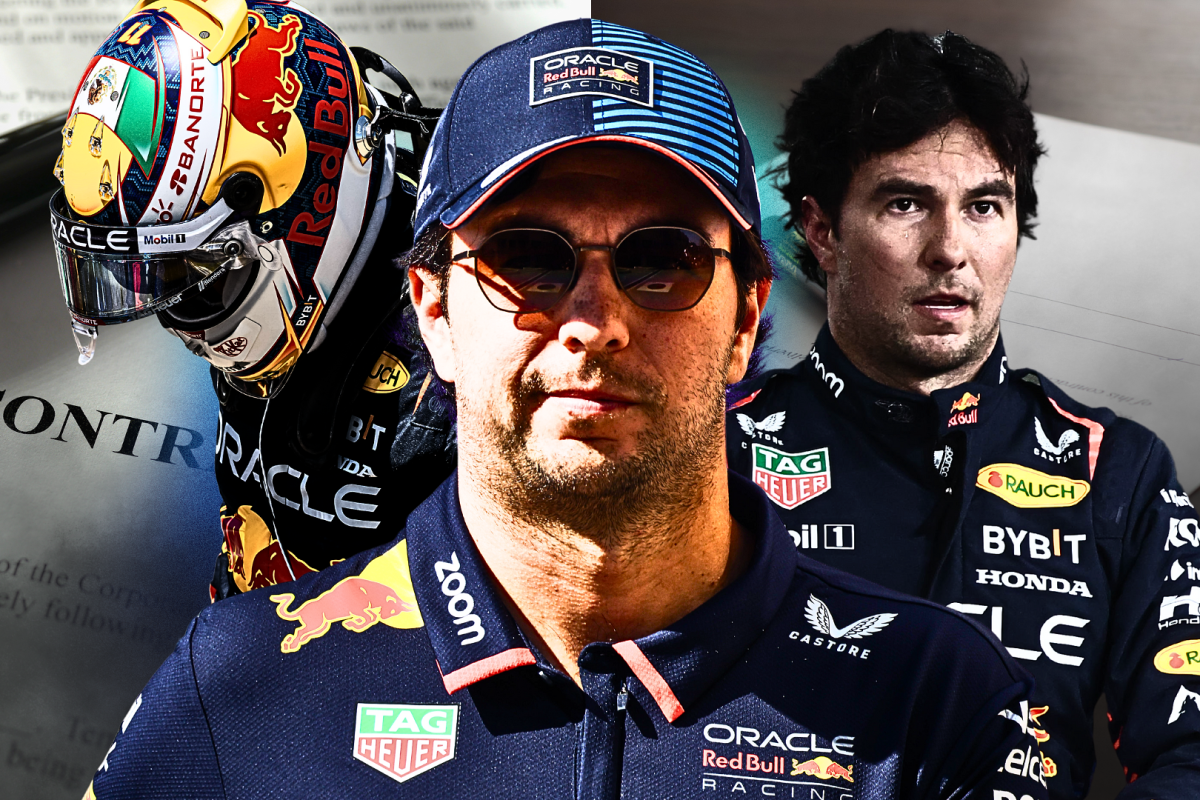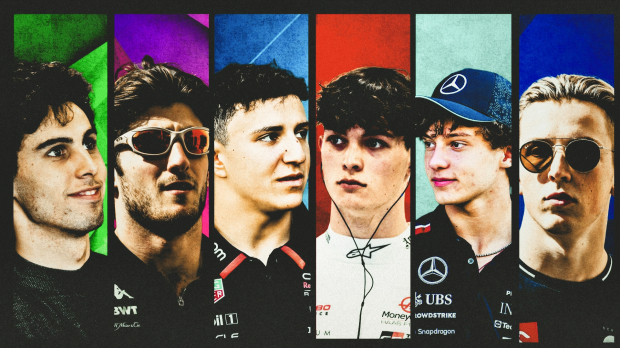
Latest News

F1 Off The Track
F1 star takes driving test ahead of 2026 season
- 3 hours ago

Latest F1 News
Netflix to show F1 race LIVE for the first time ever
- Yesterday 21:56

Racing News
Former McLaren F1 star issues statement after legal battle with former team
- Yesterday 21:13

Lewis Hamilton
Lewis Hamilton shows off new intense training programme in F1 title bid
- Yesterday 20:28

F1 Exclusive
EXCLUSIVE: F1 insider shares the one thing Max Verstappen’s team-mate must do to survive at Red Bull
- Yesterday 19:42

Latest F1 News
F1 fans fume at prices for new Lando Norris merch line
- Yesterday 18:59
Most read

15.000+ views
Lewis Hamilton finally breaks his silence on Kim Kardashian dating rumours
- 12 february

10.000+ views
F1 2026 WAGs: Lewis Hamilton latest, Norris and Antonelli breakups
- 19 february

7.500+ views
FIA 'will ban' Mercedes engine trick following rivals uproar
- 16 february

7.500+ views
F1 Drive to Survive Season 8: Netflix release time, episodes and big storylines
- 26 february

7.500+ views
F1 Testing 2026: Bahrain schedule, start times and how to watch live
- 12 february

7.500+ views
Shrewd Christian Horner decision could prove detrimental to Aston Martin
- 21 february




























 Grand Prix of Australia 2026
Grand Prix of Australia 2026  Grand Prix of China 2026
Grand Prix of China 2026  Grand Prix of Japan 2026
Grand Prix of Japan 2026  Grand Prix of Bahrain 2026
Grand Prix of Bahrain 2026  Saudi Arabian Grand Prix 2026
Saudi Arabian Grand Prix 2026  Grand Prix du Canada 2026
Grand Prix du Canada 2026  Grand Prix De Monaco 2026
Grand Prix De Monaco 2026  Gran Premio de Barcelona-Catalunya 2026
Gran Premio de Barcelona-Catalunya 2026  Grand Prix of Austria 2026
Grand Prix of Austria 2026  Grand Prix of Belgium 2026
Grand Prix of Belgium 2026  Grand Prix of Hungary 2026
Grand Prix of Hungary 2026  Grand Prix of Azerbaijan 2026
Grand Prix of Azerbaijan 2026  Grand Prix of Singapore 2026
Grand Prix of Singapore 2026  Gran Premio de la Ciudad de Mexico 2026
Gran Premio de la Ciudad de Mexico 2026  Grande Prêmio de São Paulo 2026
Grande Prêmio de São Paulo 2026  Qatar Grand Prix 2026
Qatar Grand Prix 2026  Grand Prix of Abu Dhabi 2026
Grand Prix of Abu Dhabi 2026 